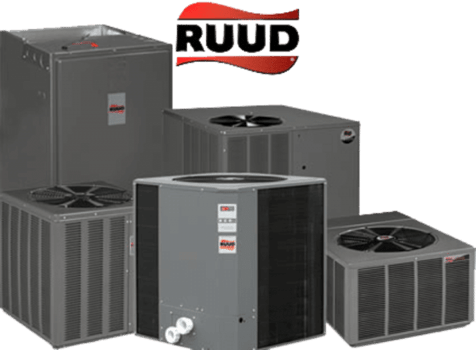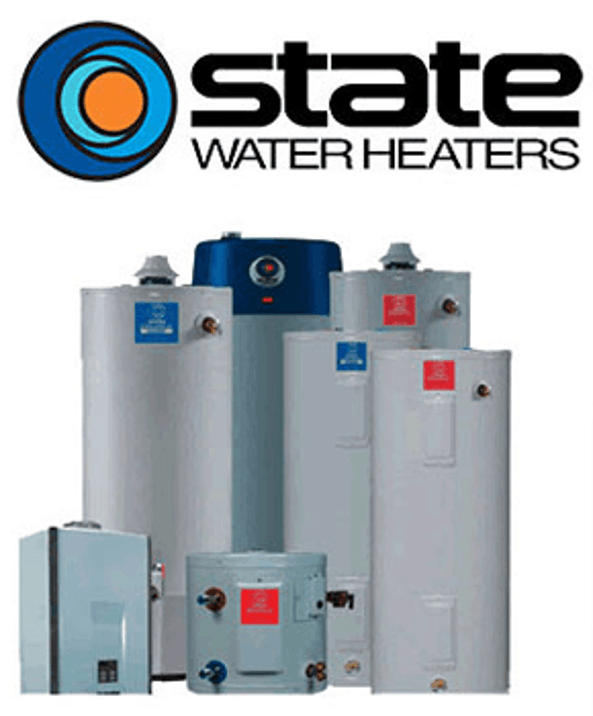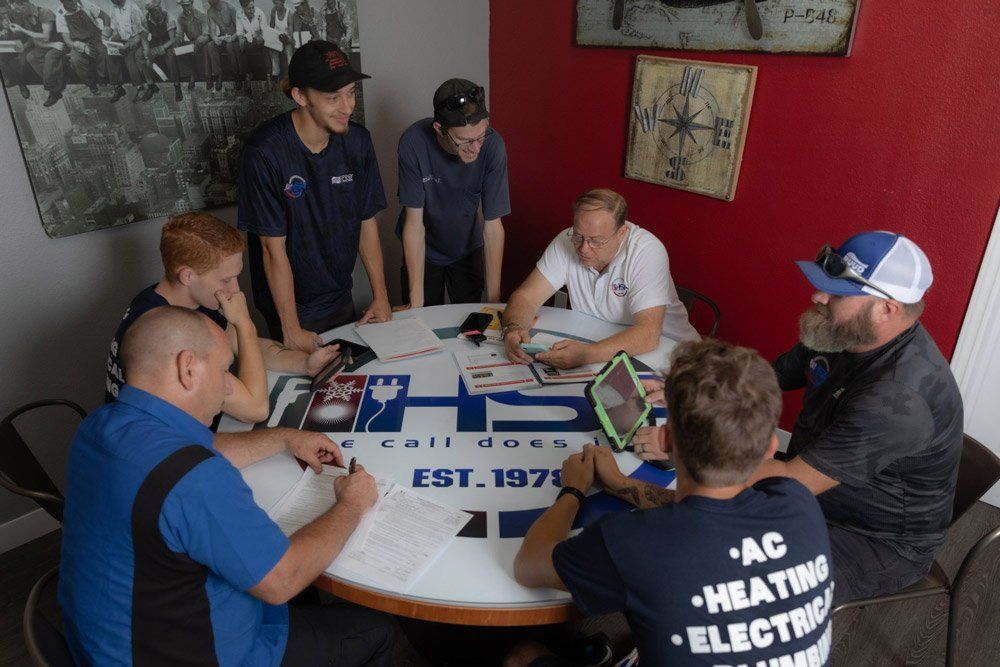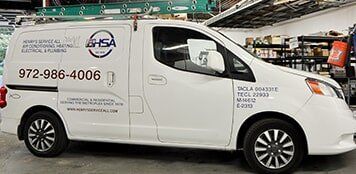Manage Your AC System to Reduce North Texas Pollen Allergies

Pollen is no joke in Texas. In fact, one Texas town has been designated the most challenging place for spring allergies in the nation for the year 2018. The list of most challenging cities is released every year by the Asthma and Allergy Foundation of America, who placed another Texas town in the fifth most challenging spot this year.
Your
air conditioning (AC) system can help limit your exposure to pollen
with proper maintenance and add-ons. Here's what you should know
about North Texas allergies and your AC system.
Pollen Is a Year-Round Challenge in North Texas
Many areas of the nation only face pollen-related allergies in the spring and autumn seasons. In Texas, the pollen swirls in the air all year. A basic calendar of pollen release shows only brief periods of low pollen activity.
Winter
Mountain cedar is a problem from December through February. Cedar fever is pollen-related but can make people believe they have the flue. In late February, elm pollen becomes problematic.
Spring
Pecan, walnut and oak pollens are active until late spring. Cottonwood and ash trees are also problematic. From early April until late June, pollen loads from grasses cause the most allergic reactions. Bermuda, orchard, and Timothy grasses are some of the pollen-producing culprits of late spring and early summer.
Summer and Autumn
Late June through August are relatively pollen-free weeks. In late August, short ragweed and cedar elm allergies can make sufferers feel as if they are seriously ill. While the cedar elm pollen tapers off by September, the ragweed pollen may persist until November along with other weed pollens.
The year-round exposure to pollen in North Texas makes it a wise call to invest in extra AC components, especially if you have highly allergic people living in your household.
Filtration Can Reduce Indoor Pollen Problems
You can't seal out all pollen from your home. Some pollen will be brought inside on your clothes, your hair, and your dog. However, a heavy-duty filtration system can keep pollen from entering the ductwork of your home and contaminating your indoor air.
There are several types of filters that work harder than standard filters. Add-on filtration systems must be plumbed into your existing ductwork, so you need a professional to install them and ensure they're working correctly. The filters listed here can help people with allergies in many cases.
Electronic Filter
Also called electrostatic filters, these systems work by exposing air to a high-voltage current. Particles in the air stick to an oppositely charged collector and are kept out of ductwork. Tests have shown an electrostatic filter works up to 30 times better than a conventional filter.
Extended Media Filters
These bulky filters look similar to a bundle of plain filters stacked together. Extended media filters may be as thick as eight inches and fit in a special holder. Filters only need to be changed once a year.
Ultraviolet Filters
These filters add an extra layer of protection against germs. Some people with allergies also have compromised immune systems, so they can get sick easier from bacteria and viruses. The UV light in the filter kills airborne germs so your AC unit delivered sanitized air to the rooms in your home.
HEPA Filters
HEPA stands for high-efficiency particulate air filtration. HEPA filter makers claim the filters remove nearly all small particles, but the numbers reflect laboratory conditions.
If you use a HEPA filter in place of your standard fiberglass filter, expect a reduction of fine particulates in the 80% range. You can use HEPA filters without upgrading your AC system.
Your AC professional is the best source of information about the filtration systems and other add-ons that will work with your particular HVAC unit. A mini-split or independent AC system may be a solution for a household member with severe allergies.
Pollen Can Be Reduced With Proper AC Maintenance
Schedule routine maintenance of your AC system to keep the unit at peak performance levels. The HVAC techs who service your AC system check an array of components in your system.
A maintenance service call involves inspection and repair of:
• Thermostat issues
• Electrical connections
• Voltage issues
• Condenser and motor function
• Drainage issues
• Cycling and system controls
To ensure your system is operating efficiently, the HVAC tech will lubricate any moving parts that need it, inspect the blowers to ensure that fans are operating at the right speed, and check the refrigerant level. For an additional charge, he or she will also clean the coils on your condenser and evaporator, and recharge or flush the system with an updated refrigerant.
You can help your AC repair company by checking and changing out your standard filters before they become clogged and dirty. During peak pollen seasons, check and change out your filters more often.
If you have filtration add-ons installed onto your AC system, ask your installation professional to explain the maintenance and service schedule recommended for the new equipment. Ask your HVAC company for more tips on how to reduce allergy symptoms using your particular system and home arrangement.
Contact the experts at Henry's Service All to schedule spring maintenance of your AC system. Ask us about add-ons and special filtration systems that work with your home HVAC equipment for increased comfort during pollen seasons.











